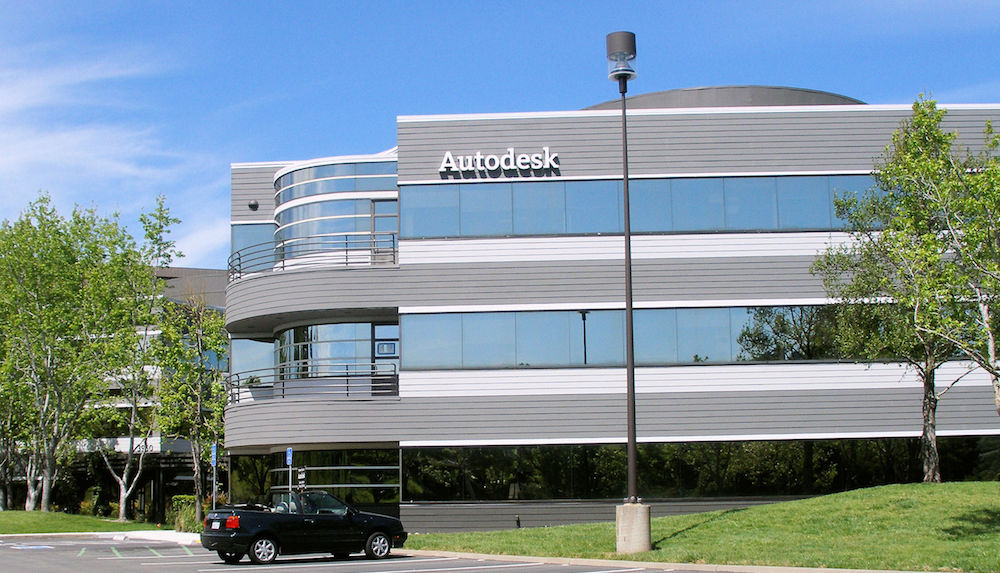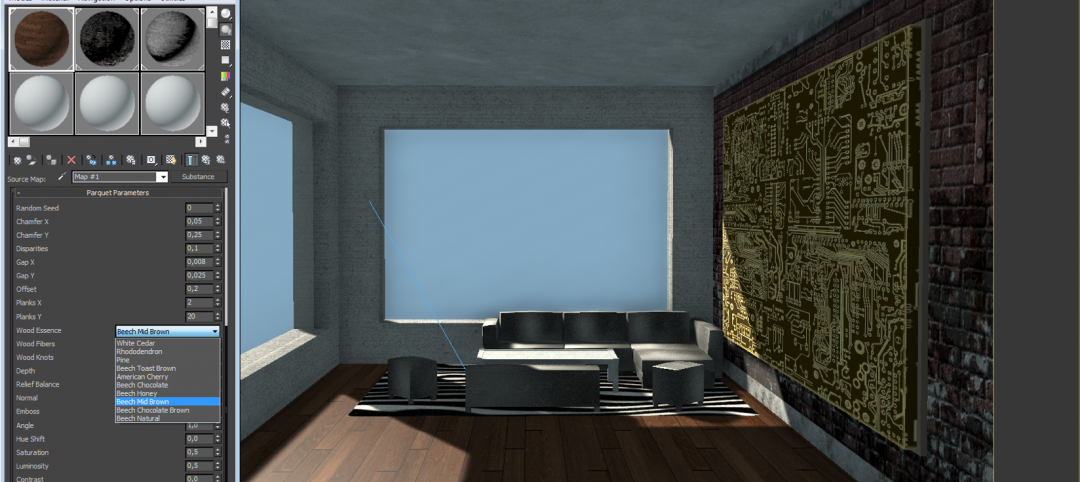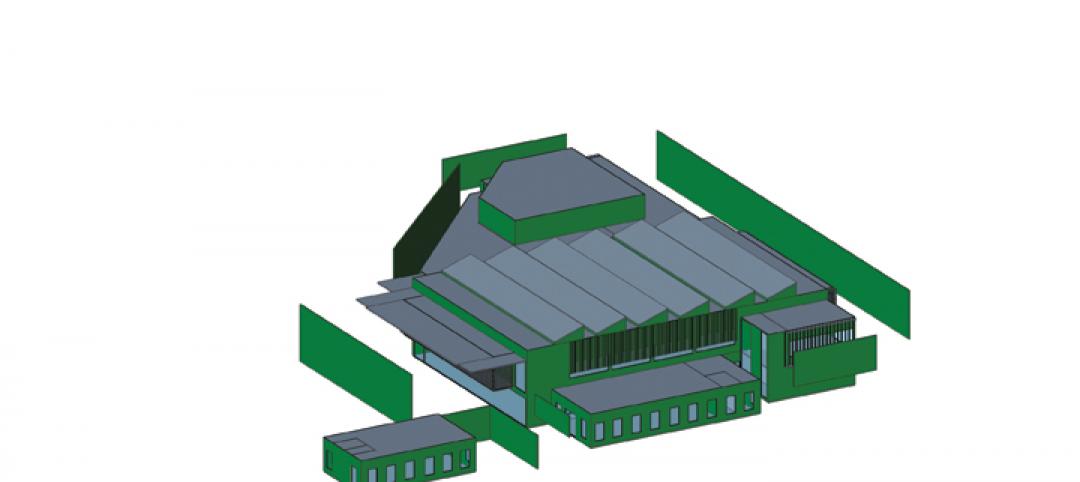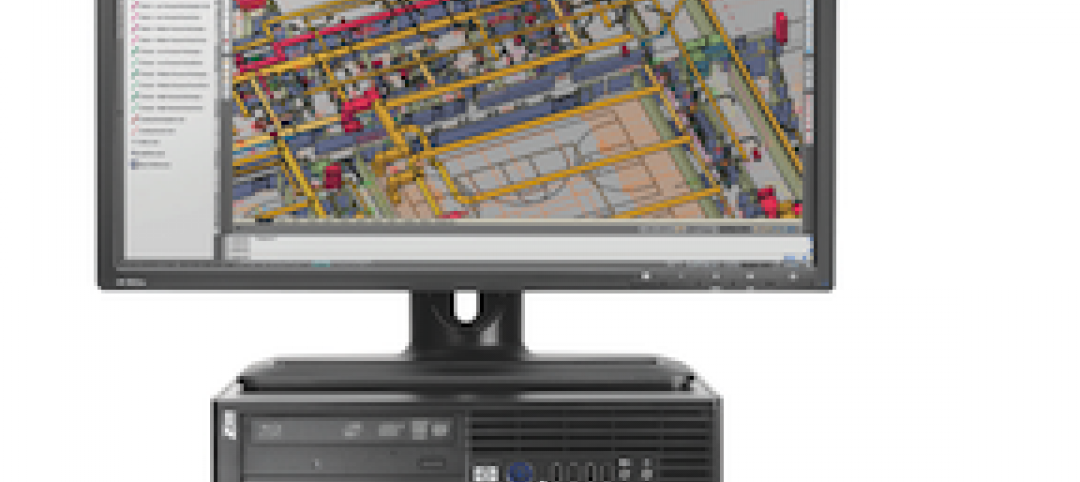Responding to customers who have been pushing them for greater workflow efficiencies when using their products together, Autodesk and Trimble have entered into an interoperability agreement that enables both companies to share Application Programming Interfaces (APIs) and developer tools for products in their respective portfolios.
The collaboration is also meant to show each company’s commitment to supporting open industry standards such as Industry Foundation Classes (IFC), and Construction Operations Building Information Exchange (COBie).
Autodesk and Trimble have similar arrangements with Bentley, and Autodesk recently struck an agreement on the manufacturing side with Siemens.
“We want to allow our customers to focus more on projects and spend less time moving data between Autodesk and Trimble products,” explains Jim Lynch, Vice President for AEC Product Development at Autodesk’s Boston office. He says this agreement will help “fill the API gaps.”
Tighter product-to-product integration can enable AEC users to share models, project files, and allow for the reuse of information throughout all phases of a project.
Lynch says the two companies have been working on this agreement for more than a year. His main contact at Trimble was its Vice President Bryn Fosburgh. Another key person in developing this agreement was Nicolas Mangon, Vice President of AEC Strategy and Marketing at Autodesk.
Lynch tells BD+C that this agreement does not entail any financial arrangement between the two suppliers, nor does he anticipate that either company would need to set up a separate team or department.
“Trimble benefits by our customers benefiting,” says Mark Sawyer, General Manager of Trimble’s General Contractor/Construction Management division.
Sawyer adds that going forward, each company will have access to the other’s APIs to test. Trimble also has an advisory group of customers that is likely to be involved in the testing.
Lynch expects that the industry will continue to pressure software vendors to develop products that integrate seamlessly. Sawyer agrees, and thinks the most immediate streamlining will be evident in document and data management, and BIM-in-field. But, he cautions, don’t expect interoperability agreements such as Autodesk-Trimble to be “wildly prolific,” either.
Related Stories
| Nov 16, 2010
Calculating office building performance? Yep, there’s an app for that
123 Zero build is a free tool for calculating the performance of a market-ready carbon-neutral office building design. The app estimates the discounted payback for constructing a zero emissions office building in any U.S. location, including the investment needed for photovoltaics to offset annual carbon emissions, payback calculations, estimated first costs for a highly energy efficient building, photovoltaic costs, discount rates, and user-specified fuel escalation rates.
| Nov 9, 2010
12 incredible objects being made with 3D printers today
BD+C has reported on how 3D printers are attracting the attention of AEC firms. Now you can see how other creative types are utilizing this fascinating printing technology. Among the printed items: King Tut’s remains, designer shoes, and the world’s smallest Rubik’s Cube.
| Nov 5, 2010
New Millennium’s Gary Heasley on BIM, LEED, and the nonresidential market
Gary Heasley, president of New Millennium Building Systems, Fort Wayne, Ind., and EVP of its parent company, Steel Dynamics, Inc., tells BD+C’s Robert Cassidy about the Steel Joist Manufacturer’s westward expansion, its push to create BIM tools for its products, LEED, and the outlook for the nonresidential construction market.
| Nov 2, 2010
Energy Analysis No Longer a Luxury
Back in the halcyon days of 2006, energy analysis of building design and performance was a luxury. Sure, many forward-thinking AEC firms ran their designs through services such as Autodesk’s Green Building Studio and IES’s Virtual Environment, and some facility managers used Honeywell’s Energy Manager and other monitoring software. Today, however, knowing exactly how much energy your building will produce and use is survival of the fittest as energy costs and green design requirements demand precision.
| Oct 13, 2010
Test run on the HP Z200 SFF Good Value in a Small Package
Contributing Editor Jeff Yoders tests a new small-form factor, workstation-class desktop in Hewlett-Packard’s line that combines performance of its minitower machine with a smaller chassis and a lower price.
| Oct 13, 2010
Prefab Trailblazer
The $137 million, 12-story, 500,000-sf Miami Valley Hospital cardiac center, Dayton, Ohio, is the first major hospital project in the U.S. to have made extensive use of prefabricated components in its design and construction.













